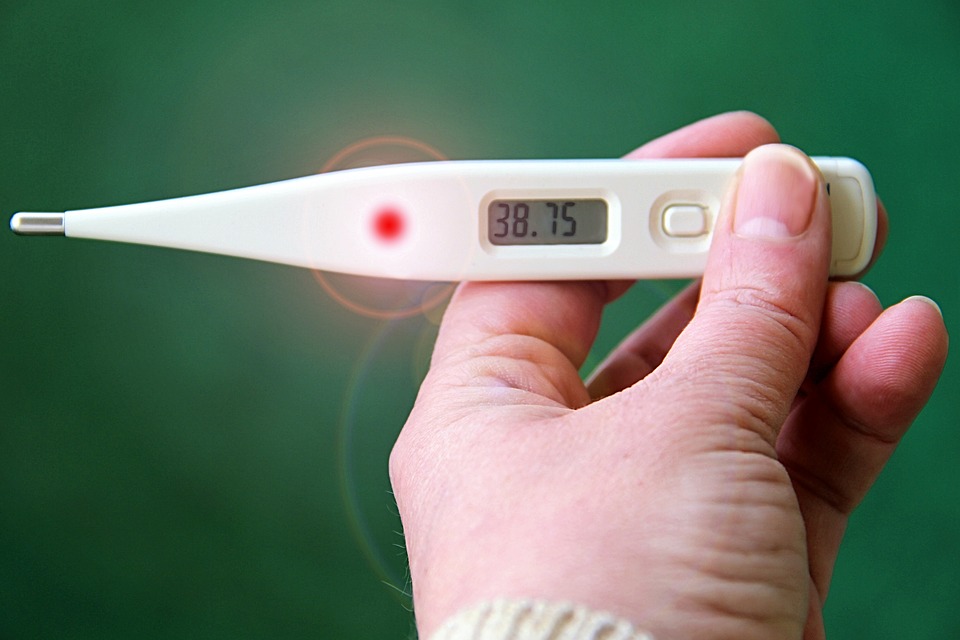To combat the symptoms of hay fever and decrease your chances of an asthma attack, use antihistamines, nasal sprays, and eye drops.
Using your allergy medications at the same time as your asthma treatment might help you avoid having an asthma attack. All of these hay fever treatments are compatible with your inhalers and other asthma medicines.
Antihistamines
Antihistamines are inexpensive and efficient. They’re available as tablets, liquid, or a nasal spray and take only an hour or so to work.
Antihistamines help to alleviate the symptoms of hay fever and therefore lower your risk of developing an allergy to pollen.
Antihistamines are useful if you have infrequent hay fever symptoms that come and go.
Find the antihistamine that’s best for you
Your pharmacist can assist you in determining the best antihistamine for you.
- Antihistamines from a generic or non-brand manufacturer are less expensive and just as effective.
- Inquire about alternatives that aren’t drowsy.
- If your antihistamine isn’t working, consider other alternatives.
Steroid nasal sprays
Steroid nasal sprays are the most effective way to alleviate hay fever symptoms if your hay fever is bad and affecting you on a daily basis.
Nasal sprays that block steroids unblock your nose. They may be the most effective hay fever treatment, in my opinion. However, you should not expect immediate benefits since it might take some time to notice any effects. Mometasone is the best generic corticosteroid nasal spray used to relieve the symptoms of seasonal allergic rhinitis (hay fever).
Nasal sprays use tiny doses of steroids to relieve nasal inflammation, allowing you to breathe more easily.
It moistens and cleanses the air as you breathe through your nose rather than your mouth, mitigating any irritation to your sensitive airways.
Nasal sprays containing steroids can also assist with sneezing, itching, a runny nose and itchy eyes.
Give your nasal spray the best possible chance of working
Two weeks is when you’ll see the most difference from your nasal spray.
If you know when your hay fever season begins, start using a steroid nasal spray two weeks before.
This indicates that the nasal spray will be most effective when you start to experience hay fever symptoms, allowing you to benefit right away. If you aren’t satisfied with its results, see your doctor.
- Even if you’re already experiencing symptoms, beginning a nasal spray is still worth it.
- If your doctor has prescribed nasal spray for you, keep using it until you’re instructed to stop.
- If you purchased one over the counter, see your doctor if you’ve been using it for more than four weeks.
- If you experience nosebleeds or any other negative effects, talk to your pharmacist or doctor about switching medications.
Eye drops
Dry eye drops can help to relieve itchy, runny eyes. Some steroid nasal sprays also do this, so you may not need both.
Other helpful hints for coping with hay fever symptoms
- A saline wash from the chemist may help you clear your nose and make you more comfortable while at the same time suggesting that you need to use less nasal spray and/or antihistamine medicine.
- To prevent pollen from getting into your nose and airways, cover your nostrils with Vaseline.
- When you return home, change your clothes and have a shower to wash off the pollen.
- It’s usually a good idea to keep the windows and doors closed as much as possible.

